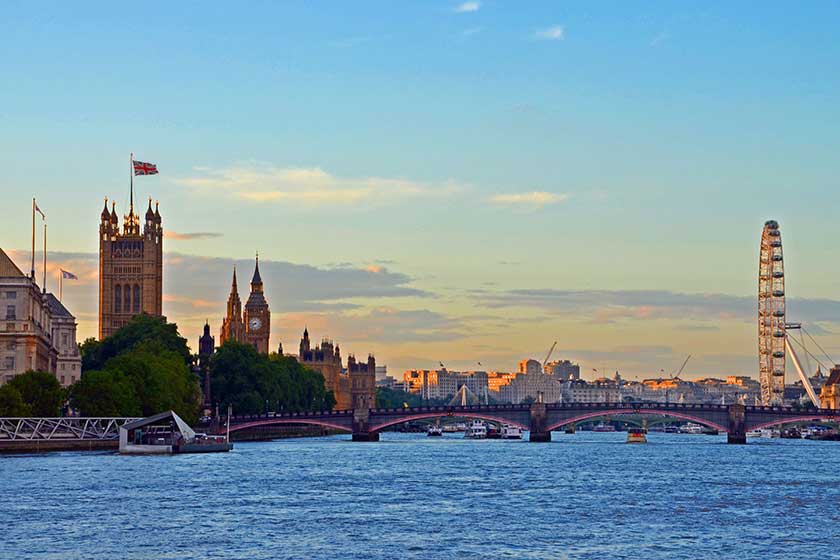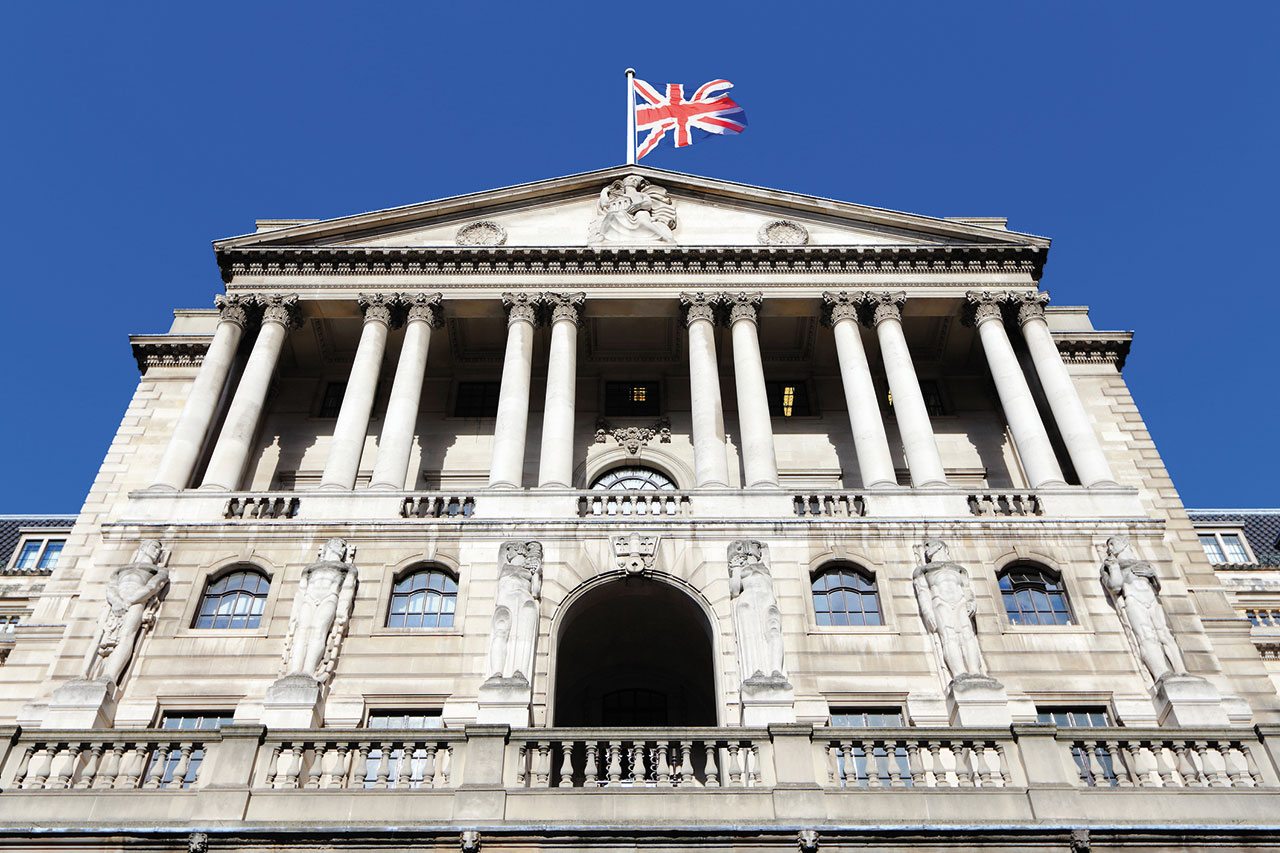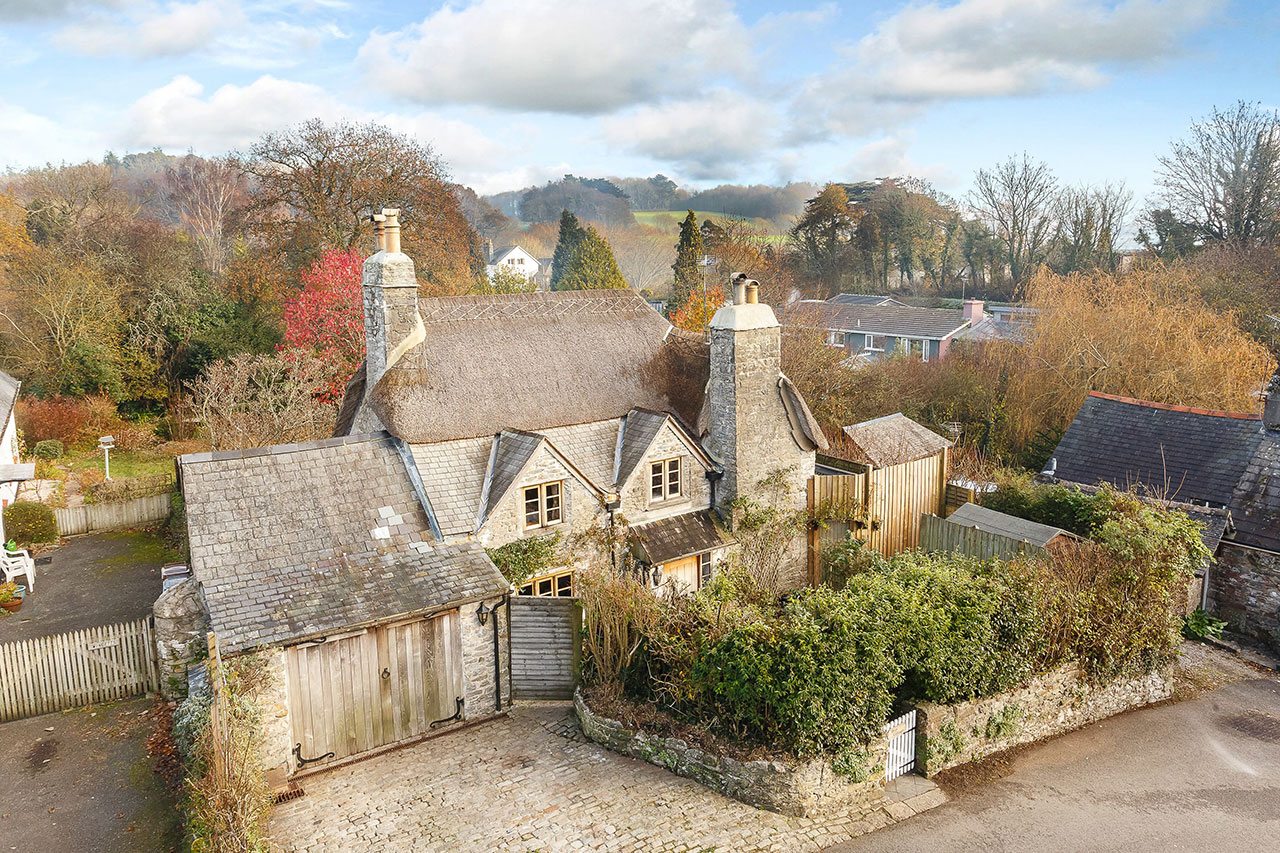The 2017 Investment Guide
Where you should be putting your money this year
This post may contain affiliate links. Learn more
It used to be simple to decide where to put your money to make a return but with the current political turmoil, it might make more sense to invest in something you have a passion for, says Jonathan Prynn.

Backing the right investment horse has never been the easiest call in town. Stock market crashes, property collapses and commodity slumps have been part of financial life as far back as Tulip mania and the South Sea Bubble. But has it ever been a harder choice than now? In the strange, unpredictable, topsy-turvy world after Brexit and Donald Trump’s election victory, nothing is at it seems. It would be entirely understandable if all you wanted to do was hide your head in the financial sand and just stick all your hard earned cash in the bank.
In the old days that would not have been a bad option. At least you would collect a tidy return in the form of interest which would, you hope, at least maintain the value of your investment. But with even the best savings accounts now paying less than one per cent interest and inflation creeping up – largely thanks to the post-Brexit slump in the pound – those days have gone, perhaps never to return. Even worse the money may not even be safe – as tens of thousands of Tesco bank customers found to their cost when their accounts were hacked in November.

Where should you invest?
So where to go? Well, if your high street bank does not appeal, what about the Bank of England. After all, as the saying goes, nothing is safer than the Old Lady of Threadneedle Street. While it may be true that you are very unlikely to lose your money, the returns on Government bonds – or gilts – are not much more exciting than the high street with the ten year gilt currently yielding around 1.5 per cent. There is no better news in most of the world’s other Government bond markets with a negative yield on around 30 per cent of all issued bonds, in part thanks to the huge programmes of Quantitative Easing (QE) from the world’s central banks.
In addition, prices of bonds have been falling sharply since the Trump victory in a great global sell-off as investors around the world start to wake up to the new inflationary landscape with austerity apparently coming to an end on both sides of the Atlantic. For the post-Brexit investor looking for a safe haven, this may not be the best moment to plunge into the bond market.
As for the stock markets, it would take a brave investor who would assume that the extraordinary 1,000 point post-Brexit surge in the FTSE-100 is a sign that shares are going to continue to rise next year. According to Andrew Milligan, head of global strategy at Standard Life Investments, the Brexit and Trump votes show us that an anti-establishment mood is sweeping the world and that share markets are likely to remain volatile for some time to come, particularly with major elections on the horizon in France and Germany. ‘It certainly isn’t looking like a calmer period for investors,’ he says.
It helps to take a long view. Even 17 years on from the eve of the Millennium the FTSE-100 is still only trading close to levels seen at its peak on the first day of the 21st century, before the dot com bubble burst. However, if dividends are reinvested rather than spent, shares have still delivered better returns that almost any other investment over 30 years.
But, according to Yogi Dewan, chief executive officer of Hassium Asset Management, low oil prices mean that investors who can weather the short-term storms should start investing in global funds as the world economy will start to pick up from next year. At the end of the day, whatever their ups and downs, bonds, equities and other pure financial investments are only dry and dusty pieces of paper – or, these days, patterns of digital pulses. How much more fun to own something you can get your hands around?
Gold?
It is a financial truism that in times of uncertainty investors turn to gold. So how has the fabled yellow metal performed since the country decided to bid adieu to Brussels? Well, actually. The gold price jumped by about five per cent on each of the so called ‘black swan’ days of political shock on either side of the Atlantic. But, unless you really believe that the banks are going to fail or rampant inflation will wipe out the value of your savings, gold hoarding has major drawbacks. The price tends to fall back as quickly as it has risen when markets calm down and, of course, you get no income from it. You will also have to pay a vault fee if you are not brave enough to keep your bullion at home.

Hop Cottage Strutt & Parker
Property investments?
So what about property, arguably the single best performing asset class over the past 50 years, although stamp duty and Brexit have taken the puff out of the central London market – temporarily at least. However, owning the roof over your head is nearly always a good long-term investment, not least because of the treasured exemption from capital gains tax if you ever cash up. The downside is you always need somewhere to live so extracting the value from your investment is not always straightforward.
Buy-to-let – the hot investment fashion of the past 15 years – does not have that problem but has come under sustained attack from the Treasury recently. A three per cent stamp duty surcharge came into force in April, and mortgage tax relief is being drastically scaled back in the years up to 2020, biting deep into the potential for profits.
One property market that has done surprisingly well since Brexit, given farming’s supposed dependence on EU subsidies, is agricultural land. Prices fell by just 1.3 per cent in the third quarter of 2016 to £7,672 an acre and many crops for export will be cheaper with the fall in the pound potentially boosting demand.
If you do not want to put it all in bricks and mortar above ground, how about in a cellar below it? Fine wine has been one of the fastest-growing investment classes of the past 20 years and – apart from a handover after the ‘Bordeaux bubble’ of 2010 – has performed well – particularly since Brexit. The First Growth Index run by trading platform Wine Owners was up by 8.7 per cent on 24 June but is now showing a vintage 23 per cent growth this year.
Wine?
According to Wine Owners founder, Nick Martin, a large part of this acceleration is down to a currency effect as investors all over the world piled into wine stored in Britain ‘in bond’ that had suddenly got 15 per cent cheaper. But, even for the British investor, there are good Quantitative Easing reasons to regard wine as a good long term bet. Martin says, ‘There are only 10,000 or so cases of Château Latour every year and perhaps only 500 of a top Burgundy. The producers are not going to make more to satisfy growing global demand, if anything they are going to make slightly less. So, probably, in the medium to longer term, the price is only going to go one way.’
And, of course, if things get really bad, you can always drink it, although you then lose the considerable tax advantages –exemption from excise duty and VAT – of keeping it in bond. But hey, after a couple of glasses, who cares?

Cars?
Another ‘passion investment’ that might be worth a look at is classic cars. According to figures compiled by Knight Frank Research no other asset class has performed with more revs over the past decade with a 490 per cent rise in value compared with 241 per cent for wine, 232 per cent for coins and 226 per cent for art.
Andrew Shirley, editor of Knight Frank’s Wealth Report, says that cars have always risen in value after economic shocks such as the 2008 financial crash and there was no reason to suppose the pattern would not repeat itself post Brexit. An entry-level classic car could cost as little as £10,000 although the biggest rises in value have been seen at the higher octane end such as the 1955 Jaguar D-Type (pictured above) that fetched almost $21.8m at this year’s Monterey Classic Car event in California.
Jewels?
If none of the above appeals, or if you do not drink or drive – how about jewellery? Michael Rawlinson, chief executive of National Association of Jewellers, cautioned against regarding it as an investment market and said that Brexit has not yet had a major impact on prices. Still, nice to be able to get the baubles out for special occasions. A better, if less shiny, option, might be Lego sets. Boxes kept in pristine condition have risen in value by 12 per cent a year on average since 2000.
Whether in the end you opt for bonds or Bordeaux, gold or gems, there is another magic factor that no amount of analysis or spreadsheets can replace. Sheer luck.
Which expert predicted this year that Britain would vote Leave, Donald Trump would move into the White House… and Leicester City would top the Premier League (a treble combination, incidentally, that would have paid out more than £4.5m on a £1 stake at the bookies.) None, of course.
That is not to say it is all a gamble. Risks can be managed and some investments have reliably proved their worth over time. There is probably no better advice than the old saying – particularly in this bizarre Brexit era: don’t put all your eggs in one basket; and just as importantly – good things come to those who wait.
Sneak Peek: See inside the February Gentleman’s Issue
